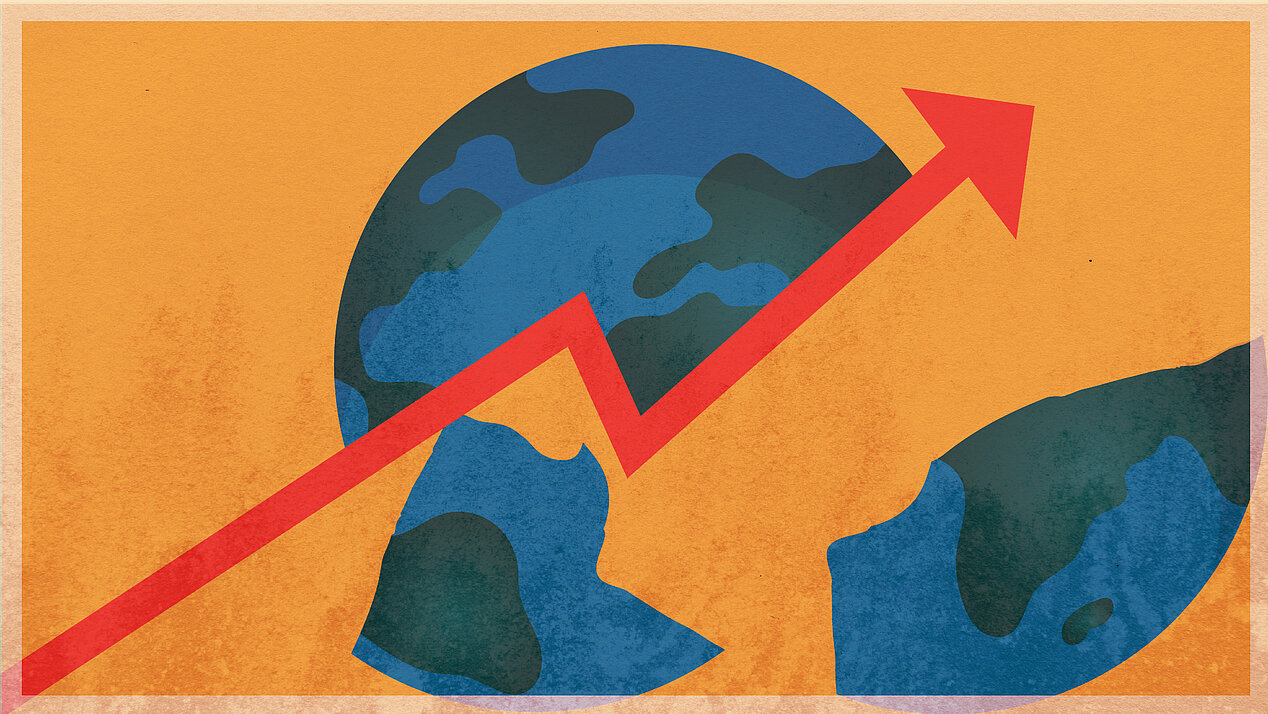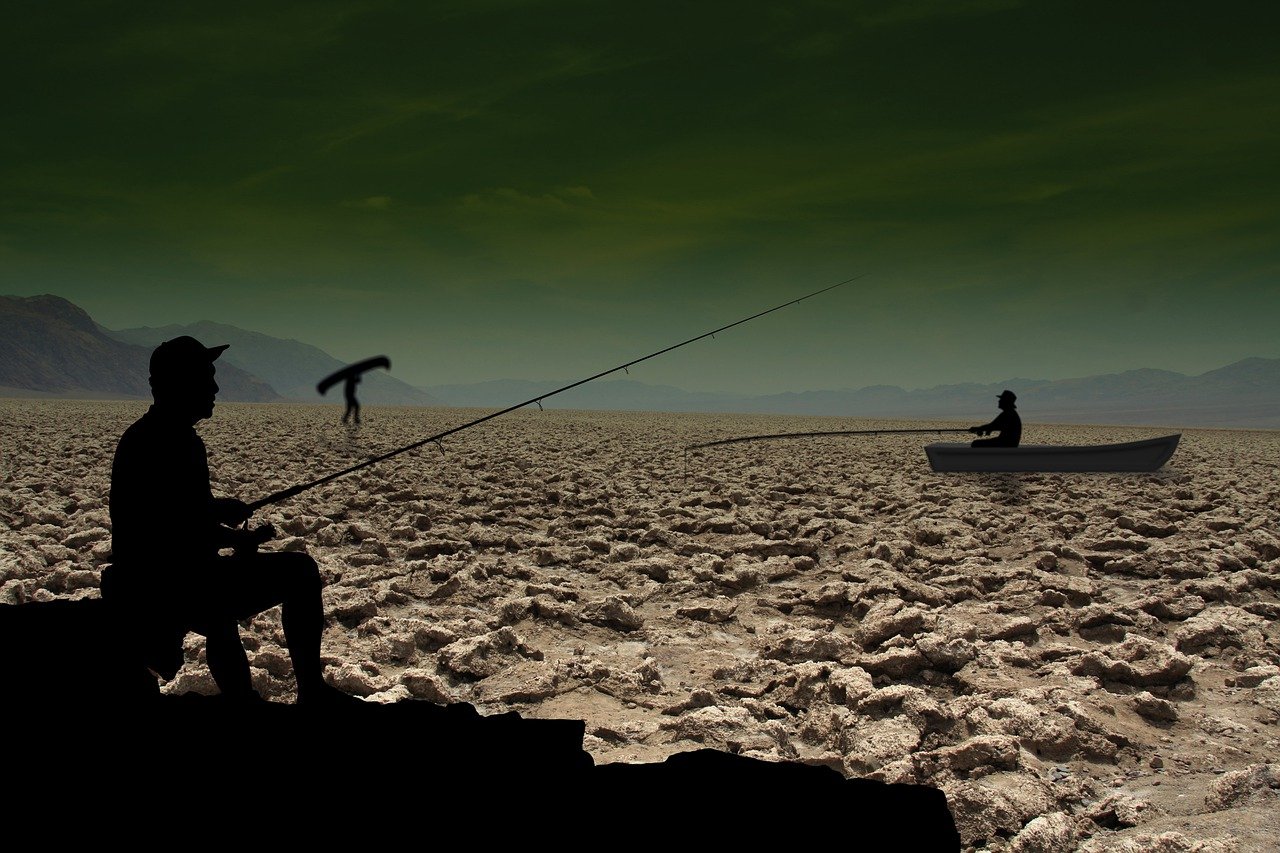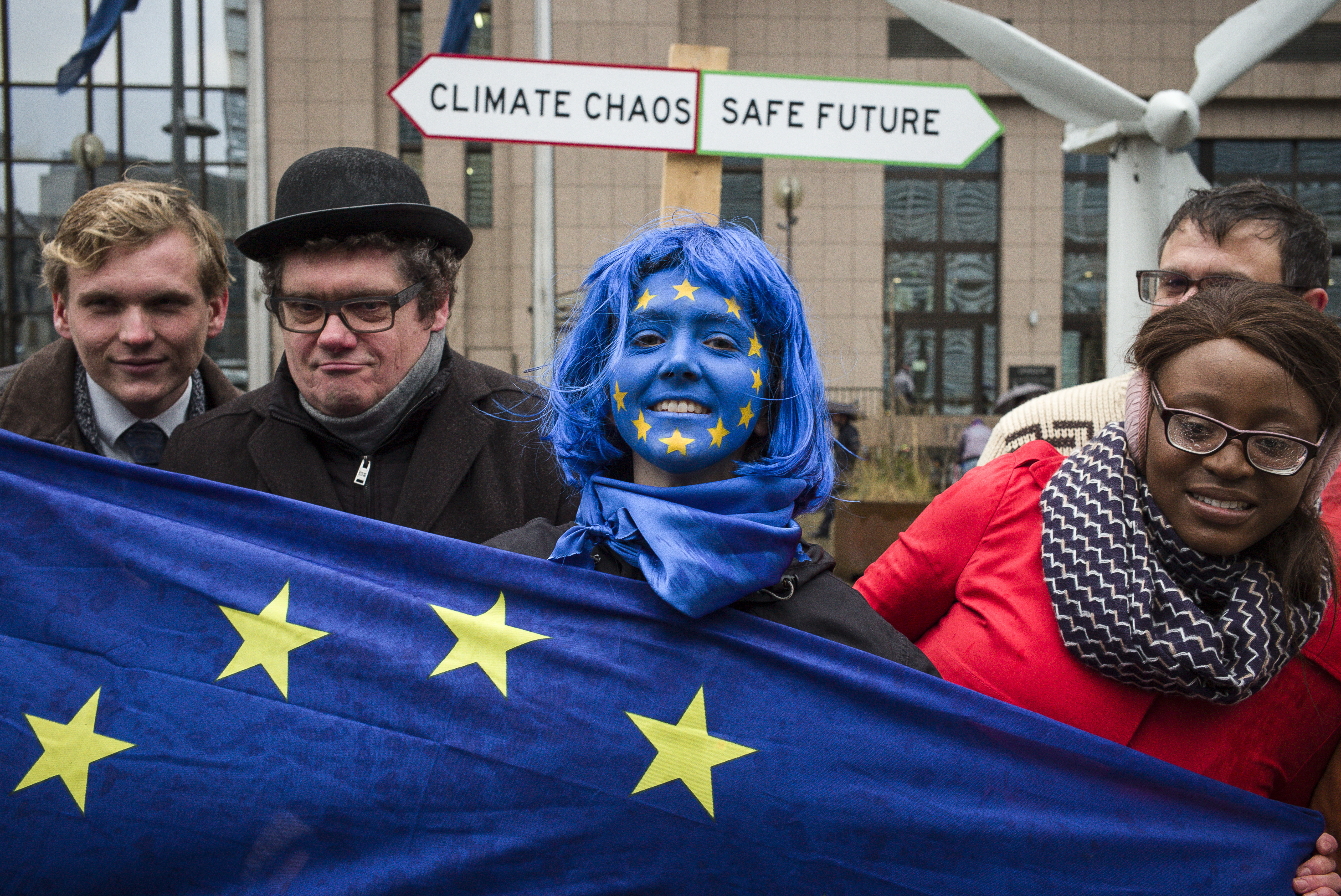We live at the expense of others. Others are paying a high price for our lifestyle in the Global North: the people in the Global South, the world around us, young people, and future generations. We are destroying livelihoods and changing the climate.
There is hardly a product of our daily consumption that has not been produced with the exploitation of people in other parts of the world.
For our consumer products, people in the Global South work under precarious conditions, do not receive living wages, and endanger their health. You only have to look at the production conditions of our mobile phones, clothes, chocolate, meat, etc.
There is hardly a product of our daily consumption that has not been produced with the exploitation of people in other parts of the world. Labor rights and human rights, which must be respected in our country, can be circumvented by outsourcing production, always to where it is cheapest.
The German sociologist Stephan Lessenich therefore describes our lifestyle as "externalizing", i.e., outsourcing. The price for our "prosperity" is paid by others. Political scientist colleagues Ulrich Brand and Markus Wissen speak of our "imperial way of life".







